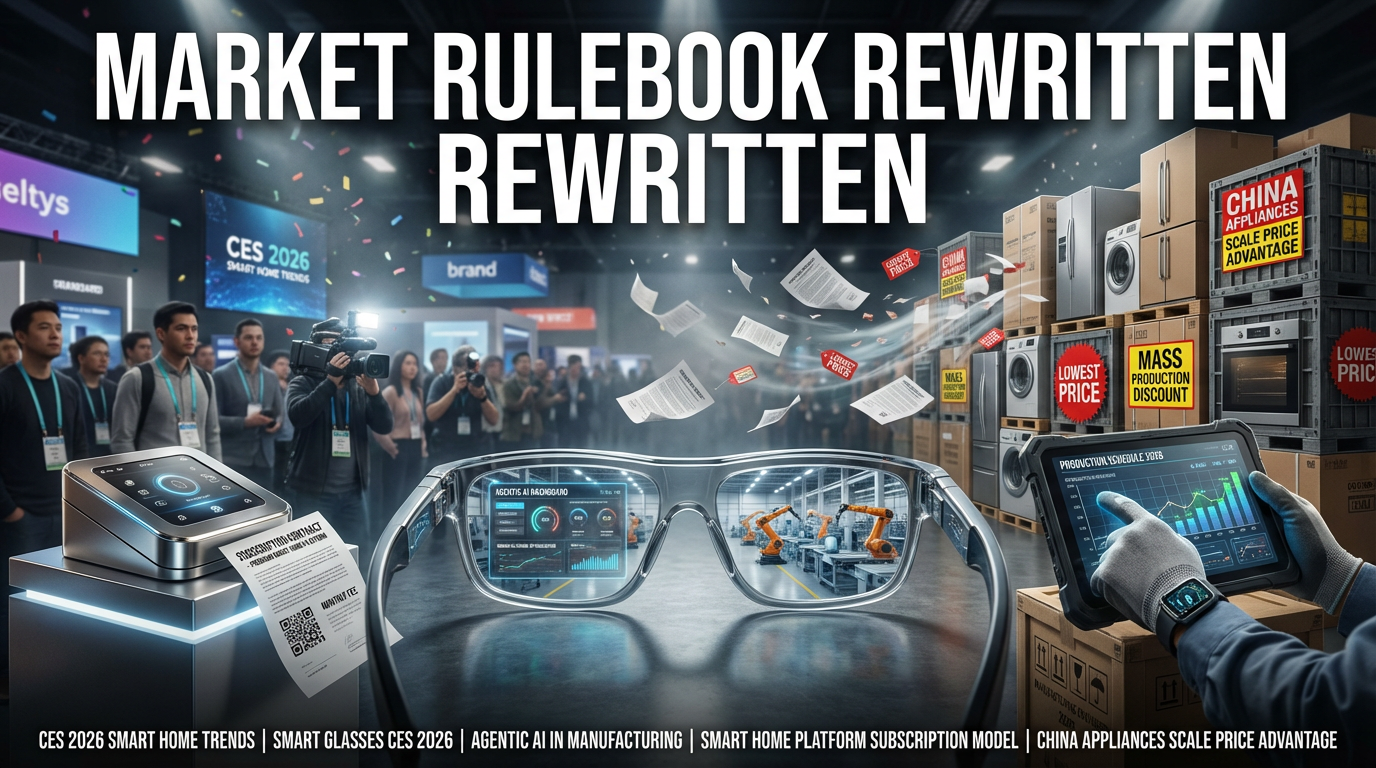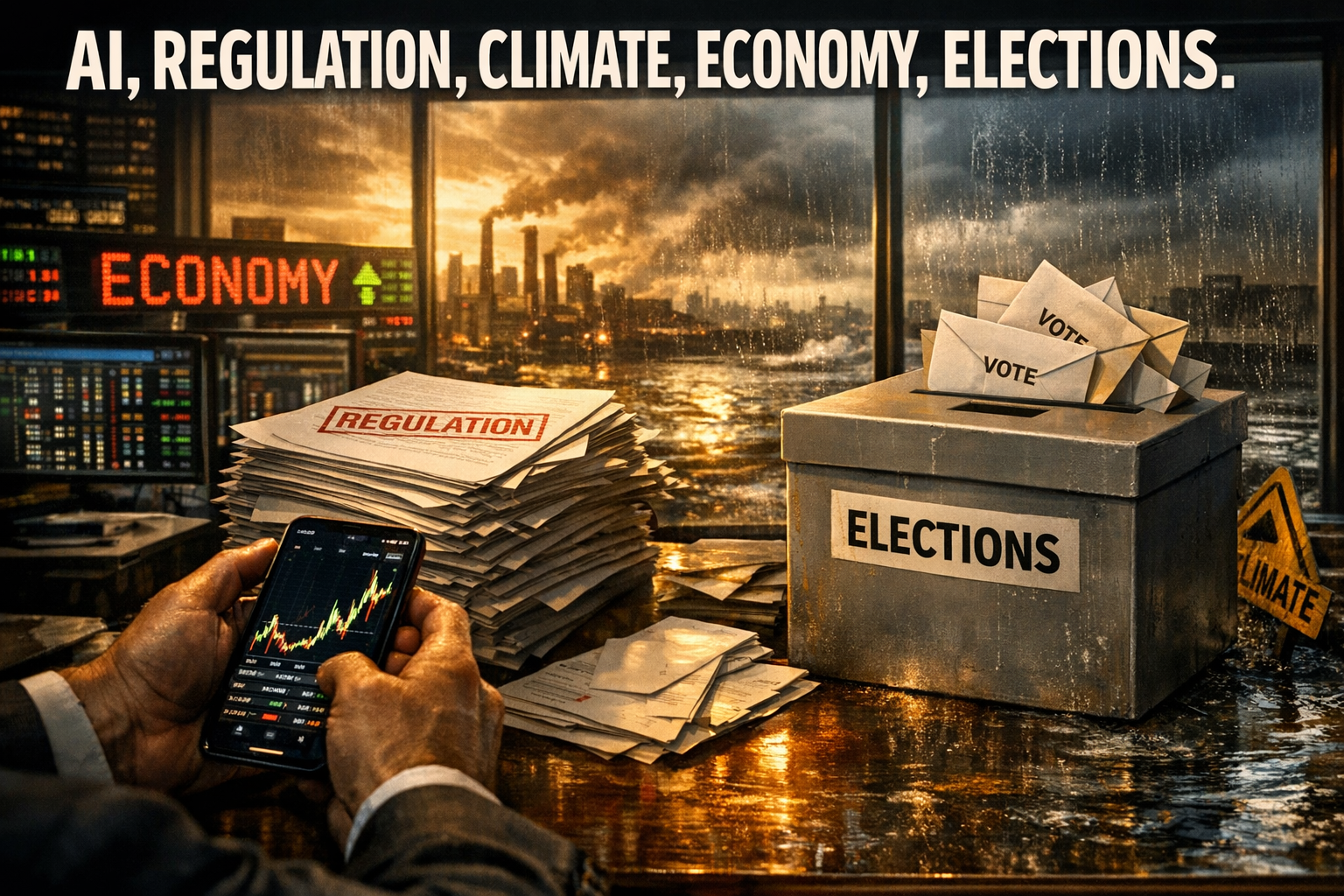Tesla and Rivian Face Challenges with U.S. Direct Sales Laws
Tesla and Rivian are actively fighting state dealership franchise laws that complicate direct-to-consumer vehicle sales. These laws, supported by traditional dealership lobbying groups, restrict electric vehicle (EV) companies from selling directly to customers in several states, requiring workarounds such as leasing-only models, using tribal land exemptions, or redirecting sales to out-of-state entities. This has reignited a broader conversation about outdated dealership policies and their impact on the EV industry.
Key Details:
-
Tesla's Approaches:
Tesla sidesteps bans in many states through creative measures like leasing-only models or selling vehicles on tribal lands, such as the Mohegan territory in Connecticut. Despite these efforts, states like Louisiana, Texas, and Wisconsin still heavily restrict Tesla's ability to operate, pushing customers to travel significant distances for vehicle pick-ups or rely on online loopholes. -
Rivian CEO's Evaluation:
RJ Scaringe, Rivian's CEO, recently criticized franchise dealership laws as being close to corruption. He highlighted how these laws, often influenced by heavy lobbying, create significant barriers to consumer access and EV adoption. -
Shared Obstacles:
States such as Texas and Louisiana allow limited operations under stringent conditions (e.g., service-center delivery models or tribal land exemptions). Both Tesla and Rivian have called attention to the increased complexity these restrictions cause, from licensing to sales operations.
-
Tesla's VP Commentary:
Tesla’s VP of Finance, Sendil Palani, applauded local teams for their extraordinary efforts in overcoming these legal barriers while noting the higher costs and more challenging customer experiences that result in affected regions. -
State Laws and Limits:
Some states prohibit direct sales entirely, like Alabama, New Mexico, and South Carolina. Others impose store limits, such as Maryland (maximum of 4 stores) and New York (maximum of 5 stores). This patchwork legislation has constrained growth opportunities for direct-sale EV companies like Tesla and Rivian.
The Bigger Picture:
The ongoing battle reflects broader changes in the automotive industry as EV companies prioritize innovative distribution methods over traditional dealership models. The resolution of these state-level debates could set precedents for future EV market expansion and direct-to-consumer business practices.
< **Summary** >
-
Tesla and Rivian Face Obstacles in Direct Sales:
Many U.S. states have dealership laws barring direct vehicle sales. -
Tesla's Solutions Over Time:
Leasing-only, tribal land operations (e.g., Mohegan territory), and online sales models help Tesla navigate restrictions. -
Recent Commentary from Rivian’s CEO:
RJ Scaringe calls franchise dealership laws corrupt while discussing alternative distribution methods.
-
Tesla’s VP Speaks Out:
Tesla emphasizes the operational and customer-service challenges these laws create. -
State-level Challenges Persist:
Some states ban sales entirely; others allow severely limited outlets. States like Louisiana and Connecticut demonstrate Tesla’s innovative workarounds. -
Future Outlook:
These legal restrictions represent significant barriers for EV companies' expansion and reflect the transformative shifts in the automotive sector.
< **핵심내용 요약** >
-
테슬라와 리비안의 직접 판매 제한 문제:
미국 여러 주에서 전통 딜러쉽 법으로 인해 EV 회사의 직접 판매 제한. -
테슬라의 대처 과정:
리스 전용 모델, 부족 지역 운영(예: 모히건 부족땅), 온라인 판매로 제약 극복. -
리비안 CEO의 최근 발언:
RJ 스케린지는 딜러쉽 법을 ‘부패에 가까운 법’으로 비판하며 대안 모색 주장.
-
테슬라 경영자의 입장:
테슬라 부사장은 이러한 법들이 영업/서비스와 고객 비용 증가에 큰 부담임을 언급. -
미국 내 주별 과제와 규제:
일부 주는 판매 완전 금지, 다른 주는 점포 수 제한. 예를 들어, 루이지애나와 코네티컷에서 테슬라가 독창적 대안으로 돌파. -
향후 전망:
이러한 법적 제약은 EV 기업 성장의 주요 장애물이며, 자동차 산업의 혁신적 전환을 보여줌.


